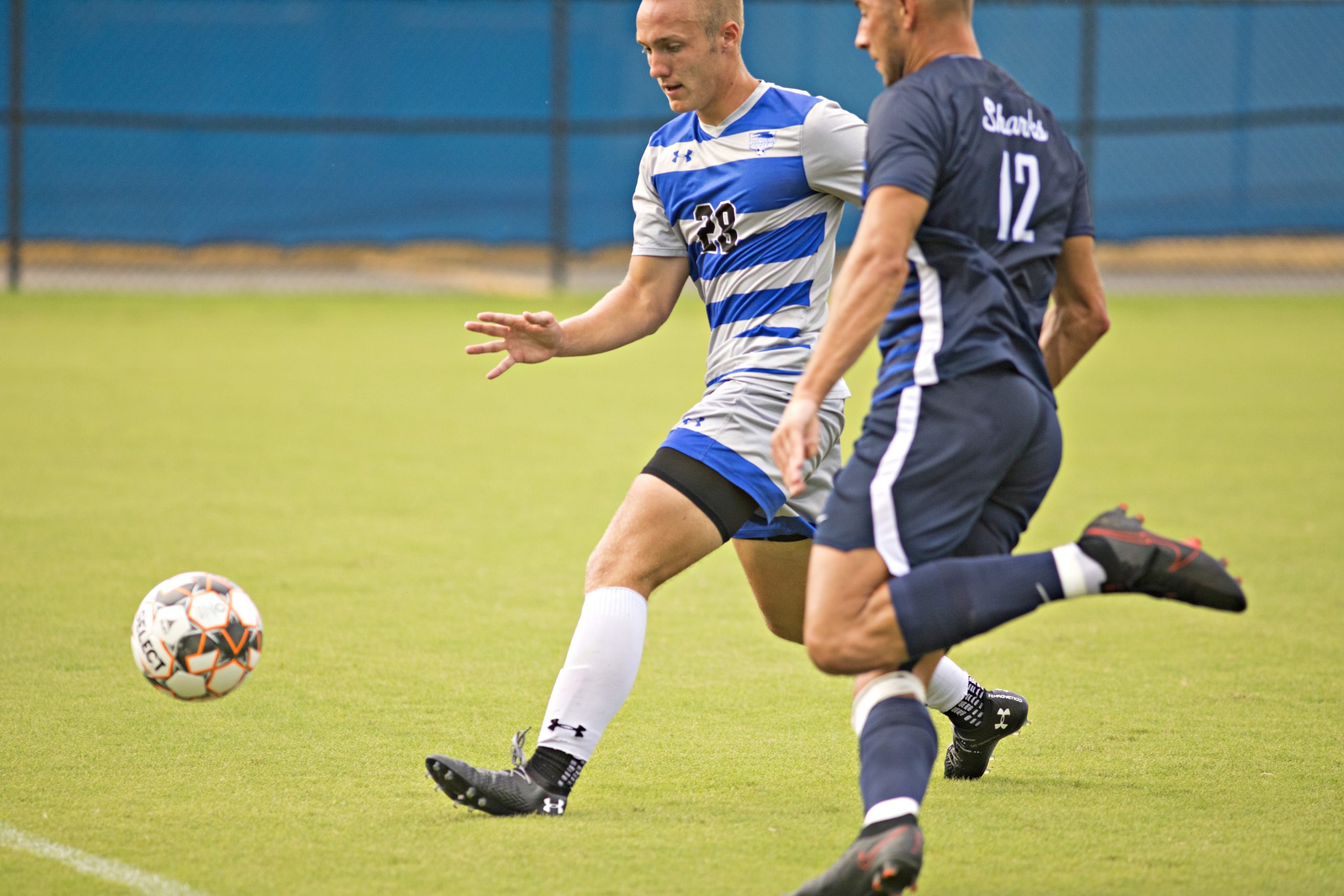- Features
- Magazines
- News
- Archives
- Arts and Culture
- Construction and Development
- Diversity, Equity and Inclusion
- Economic Development
- Education and Workforce
- Entrepreneurship
- Environmental Sustainability
- Finance, Insurance and Investing
- Healthcare and Life Science
- Hospitality and Tourism
- Innovation
- Leadership
- Manufacturing
- Marketing
- Non-Profits and Community Organizations
- Real Estate
- Technology
- Subscribe




